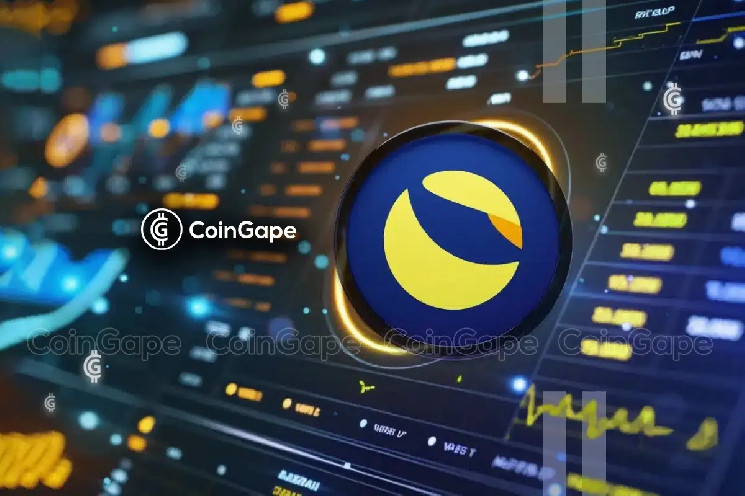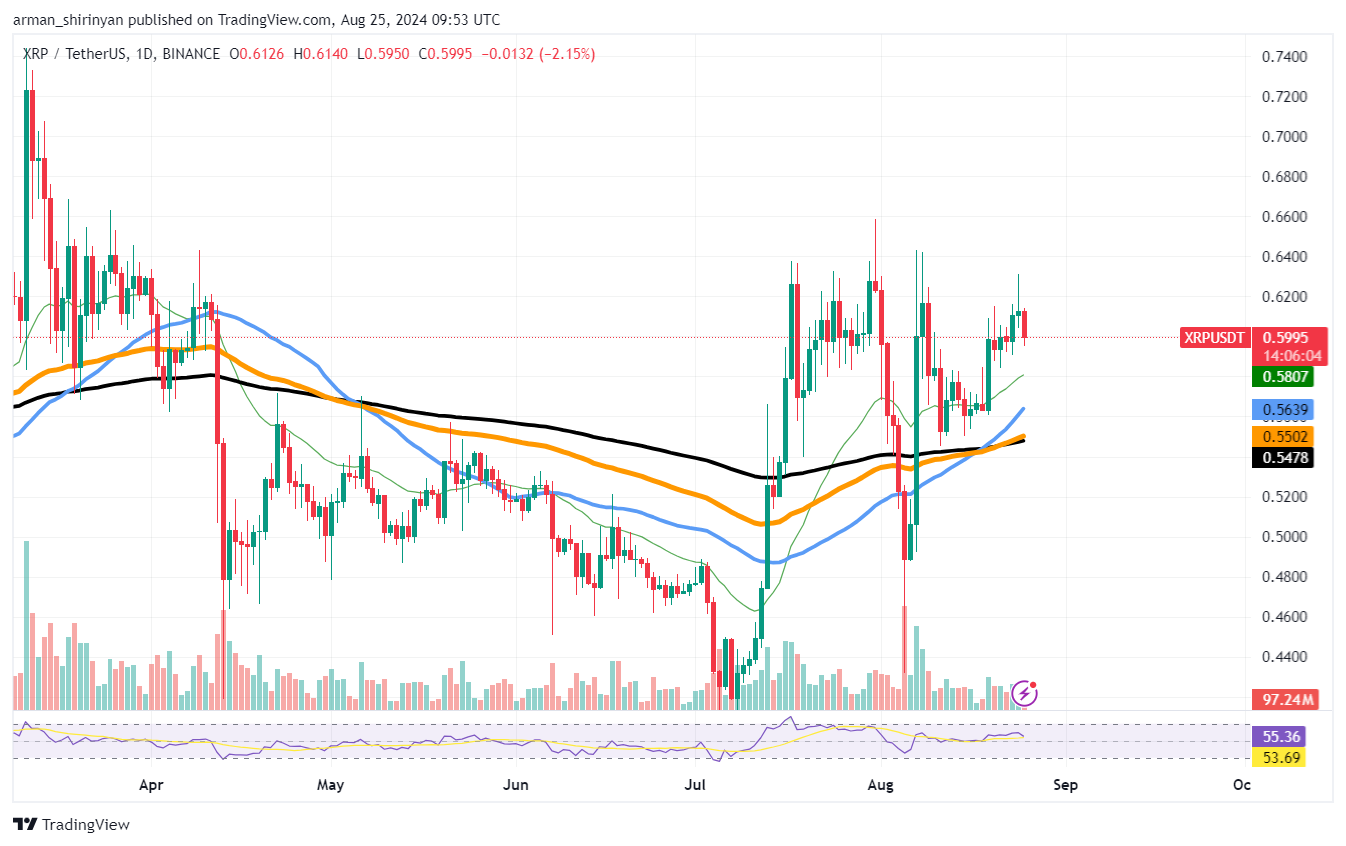Contents
- Technical breakdown
- Market reaction and future implications
Advertisement
The Solana blockchain network experienced a significant outage on Feb. 6. The incident lasted for approximately five hours.
The disruption brought to light underlying technical issues within the network’s infrastructure, revealing a critical bug that was the root cause of the halt in block finalization.
This incident has prompted a thorough examination by Solana’s engineering teams and raised questions about the network’s reliability and decentralization.
Technical breakdown
The outage was traced back to a bug in Solana’s “LoadedPrograms” feature, which is designed to manage the just-in-time (JIT) compilation cache of the network’s smart contracts.
This bug caused an infinite loop of recompilation for specific programs deployed with legacy loaders, effectively stalling the network. The bug was exacerbated by the network’s recent switch to a new cache management system intended to reduce duplication and improve efficiency.
However, this inadvertently introduced vulnerabilities that were exploited during the incident.
Solana’s response to the outage was swift, with engineers identifying and implementing a fix within hours.
The resolution involved deploying a software update (v1.17.20) that disabled the use of vulnerable legacy loaders to prevent similar issues in the future.
Market reaction and future implications
The outage had a temporary impact on Solana’s market position, with its native token, SOL, experiencing a slight drop in value.
However, the quick recovery and transparency in addressing the issue have mitigated long-term concerns.
This event has reignited discussions about the trade-offs between scalability, security, and decentralization in blockchain networks.







